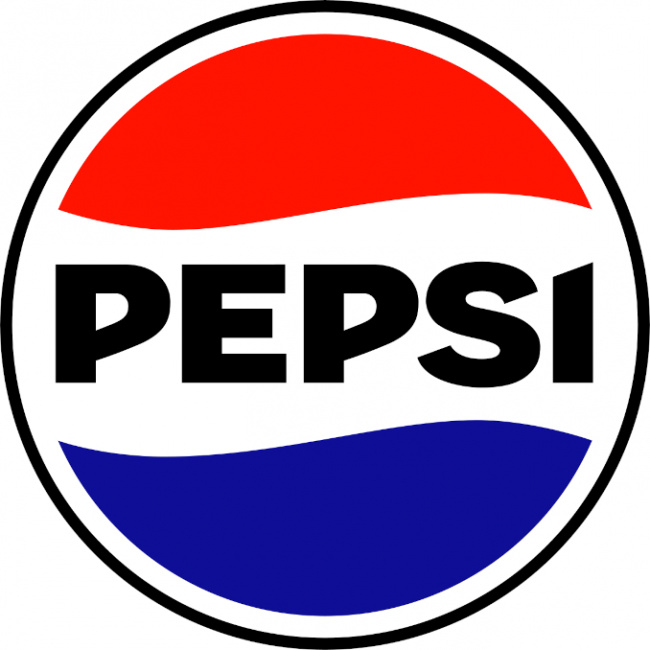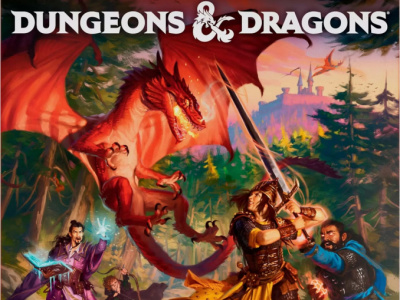Rolling for Initiative is a weekly column by Scott Thorne, PhD, owner of Castle Perilous Games & Books in Carbondale, Illinois and instructor in marketing at Southeast Missouri State University. This week, Thorne looks at a recent case filed by the Federal Trade Commission that could have a big impact on the games business.
I thought about commenting on the Diamond Comic Distributors bankruptcy and the effect it might have upon the game industry but others are already doing so in quite a bit of detail (see "Penguin Random House is Diamond’s Largest Unsecured Creditor", among others). Those of you in the comic industry back in the 1990s may remember something similar happening when Marvel Comics decided to buy and run its own distributor, while DC Comics decided to go exclusive with Diamond. The other major comic distributor at the time, Capital City Distribution, staved off closure for a time by distributing several comparatively smaller publishers but ultimately sold out to Diamond.
However, I think a new lawsuit filed by the Federal Trade Commission against PepsiCo regarding its dealings with an as-yet-unnamed large national retail chain potentially has wide ramifications for the game industry, especially those publishers that deal with the mass market. The suit claims Pepsi reduces competition by offering the unnamed retailer unfair deals without offering similar pricing to other retailers, resulting in higher prices for consumers and that, by doing so, violates the 1936 Robinson Patman Act, which the government has laxly enforced over the past several decades.
The Robinson-Patman Act holds that, while price discriminations are generally lawful, particularly if they reflect the different costs of dealing with different buyers or are the result of a seller's attempts to meet a competitor's offering, they may be unlawful if a company gives favored customers an unfair advantage in the market that has nothing to do with their superior efficiency. Robinson-Patman, with caveats, prohibits suppliers from giving preferential treatment to large customers over smaller ones. The FTC lawsuit alleges that because Pepsi did not offer the same deals to others that sell its products, it put other retailers "ranging from large grocery chains to independent, local convenience stores" at a disadvantage.
The Robinson-Patman Act also forbids certain discriminatory allowances or services furnished or paid to customers. In general, it requires that a seller treat all competing customers in a proportionately equal manner. Services or facilities covered "include payment for or furnishing advertising or promotional allowances, handbills, catalogues, signs, demonstrations, display and storage cabinets, special packaging, warehousing facilities, credit returns, and prizes or free merchandise for promotional contests." The cost justification does not apply if the discrimination is in allowances or services furnished. The seller must inform all competing customers if any services or allowances are available and must provide some other form of participation for those who cannot use the basic promotional plan.
In the game industry, there are several publishers who have gotten their products on the shelves of mass marketers. What deals or promotional pricing they may offer to the big box store are generally kept quiet as a trade secret. The FTC could see this as a violation of Robinson-Patman since, under the law, any promotions made to one retailer must be offered to all interested retailers, even if they cannot take advantage of them.
The FTC launched a similar lawsuit against the country's largest distributor of wine and spirits, Southern Glazer, last month. Republican members of the Commission objected to both lawsuits so we shall see if the FTC continues to pursue them under the incoming administration.
Comments? Send them to castleperilousgames@gmail.com.
The opinions expressed in this column are solely those of the writer, and do not necessarily reflect the views of the editorial staff of ICv2.com.

Column by Scott Thorne
Posted by Scott Thorne on January 21, 2025 @ 2:49 am CT
MORE COMICS
'Venom' #252 to Feature Backup Story with New Suit, Plus New Story by DeFalco and Frenz
August 4, 2025
Venom #252 will feature a backup story about Venom’s new suit as well as a backup story by Tom DeFalco and Ron Frenz, the creators of the symbiote suit.
Showbiz Round-Up
August 4, 2025
The post-SDCC showbiz news is still spicy a week after the show's conclusion. It's time for another round-up!
MORE COLUMNS
Column by Scott Thorne
August 4, 2025
This week, Scott Thorne addresses some comments on last week's column and the right price for starter products.
Column by Scott Thorne
July 28, 2025
This week, columnist Scott Thorne comments on the Edge of Eternities prerelease and on Magic: The Gathering news from the Hasbro earnings report.










